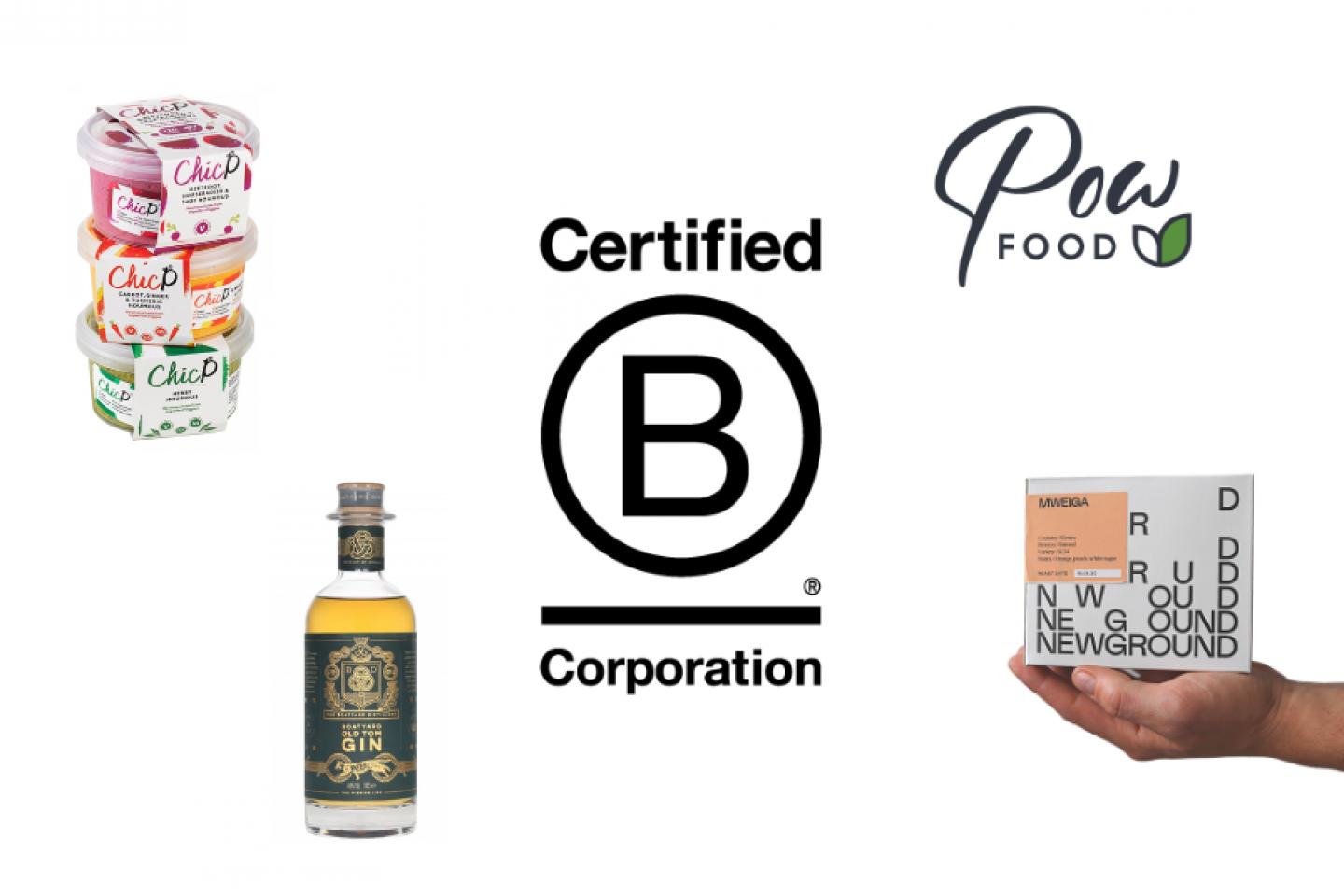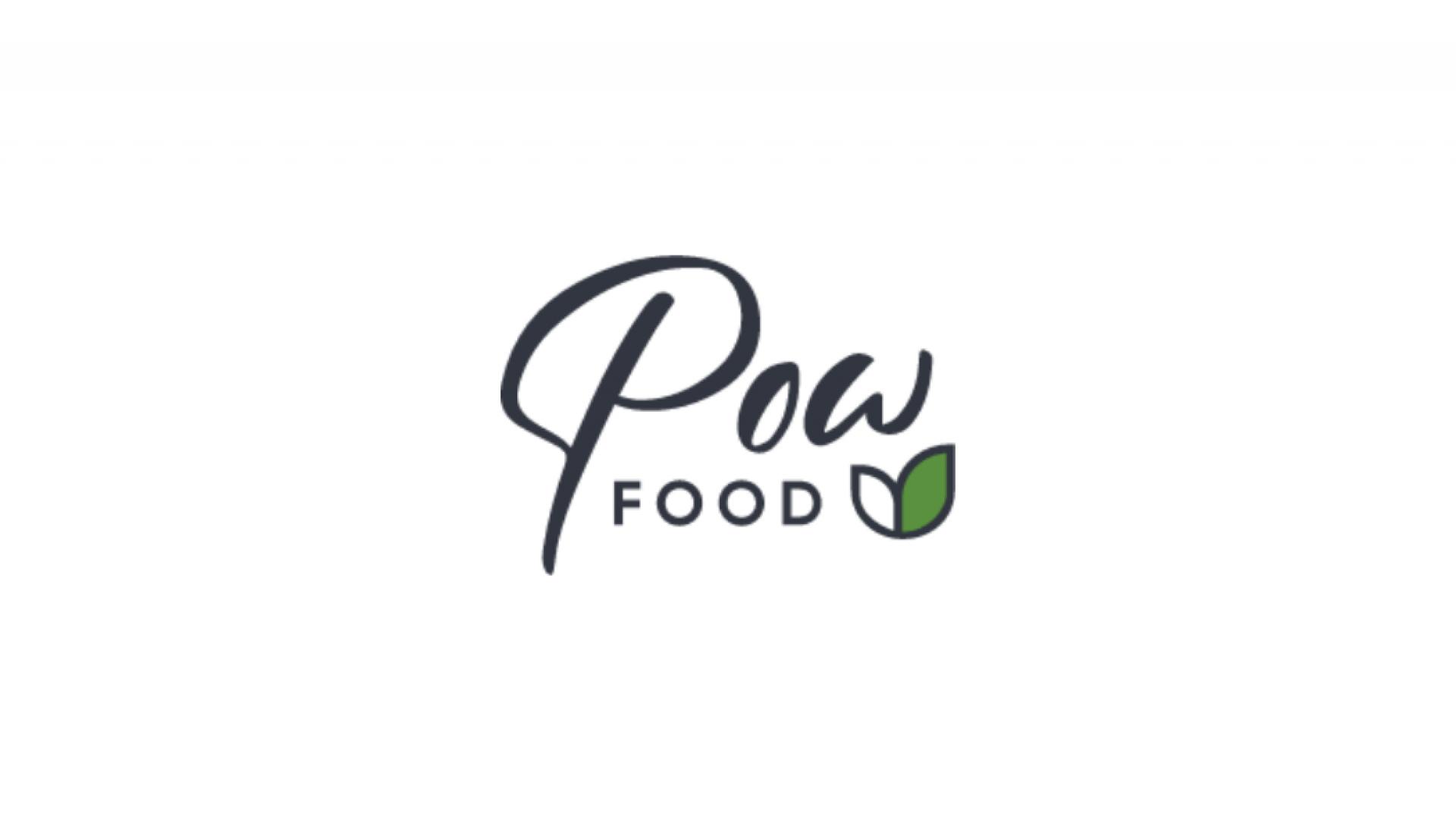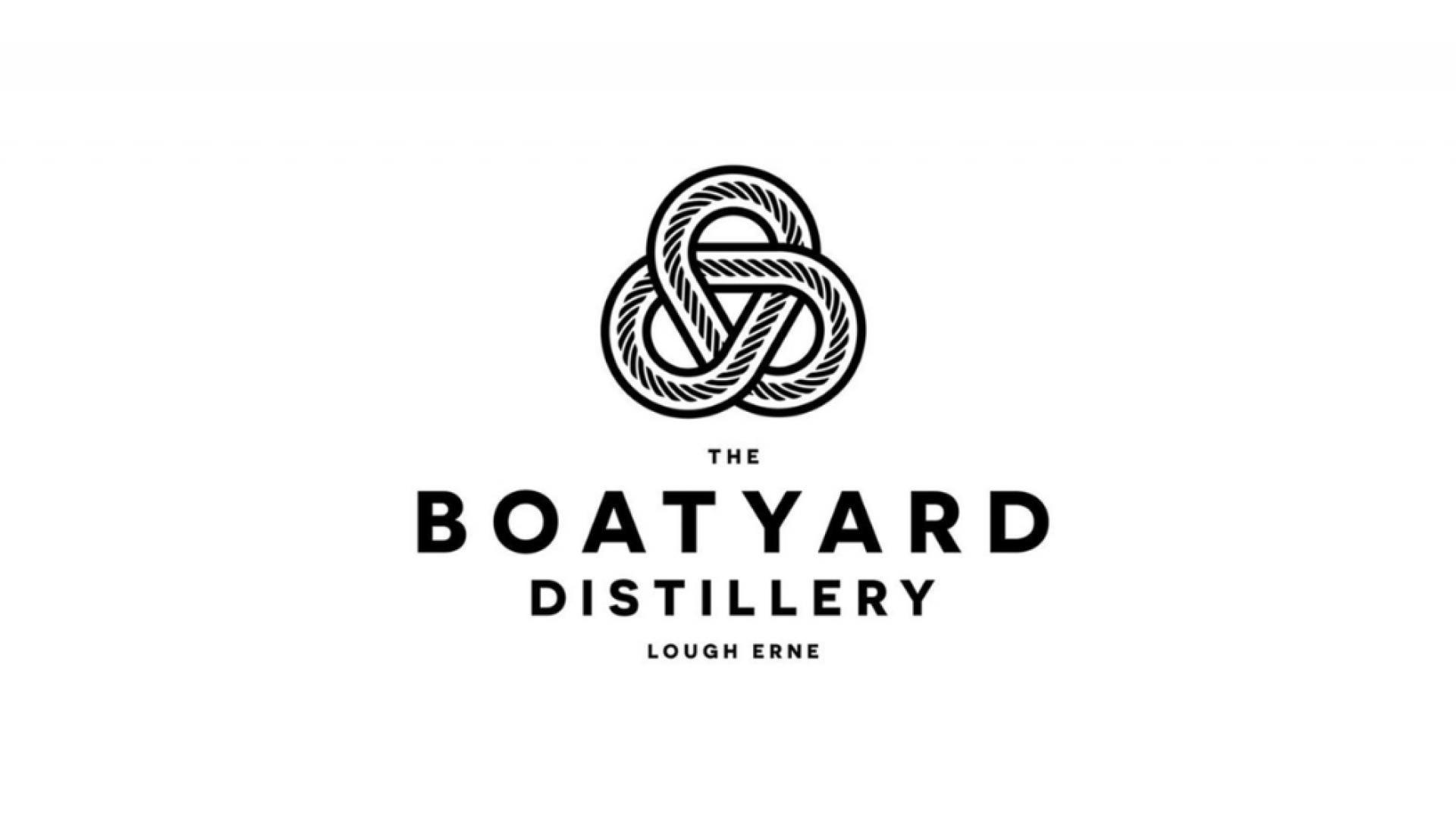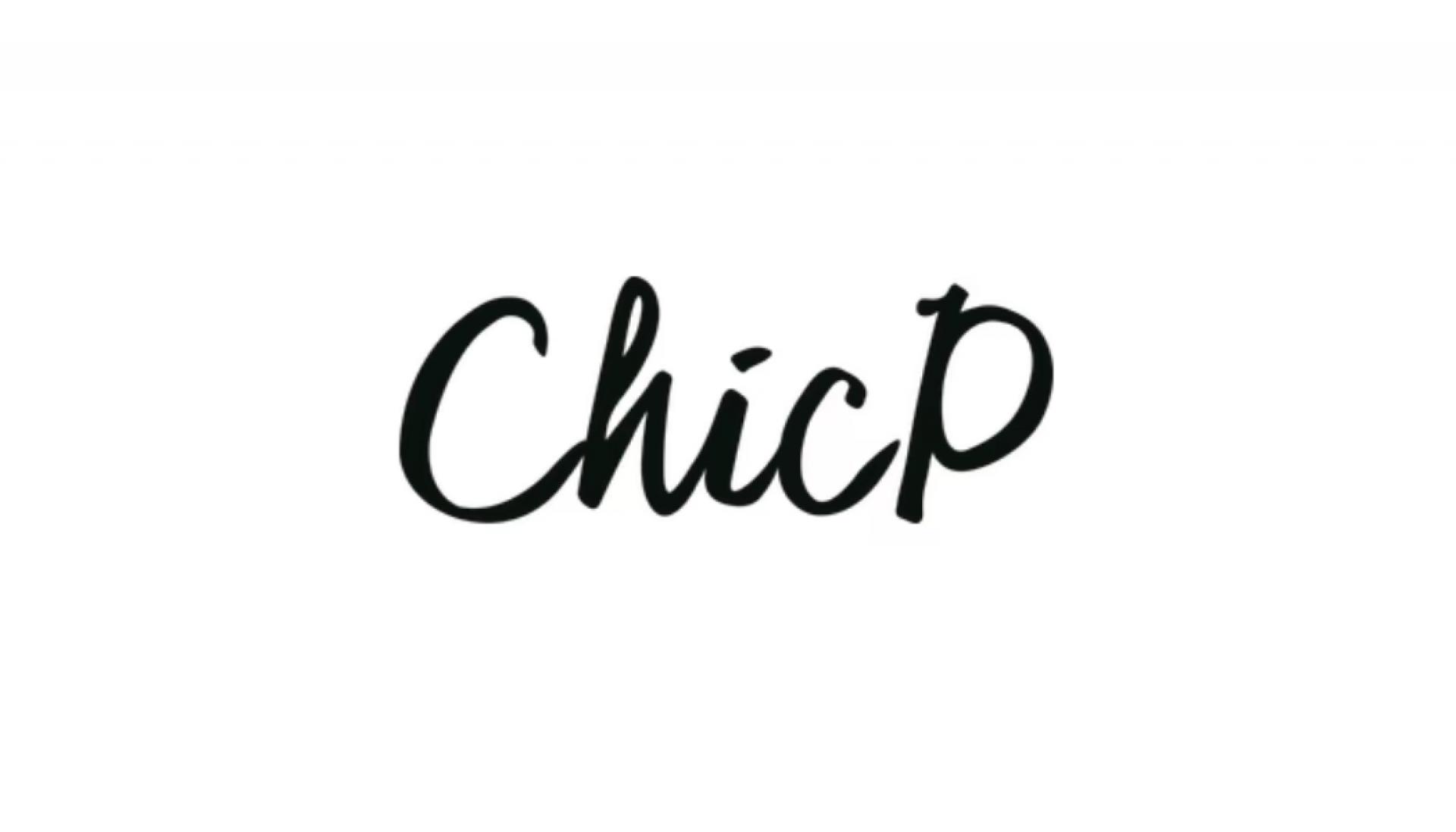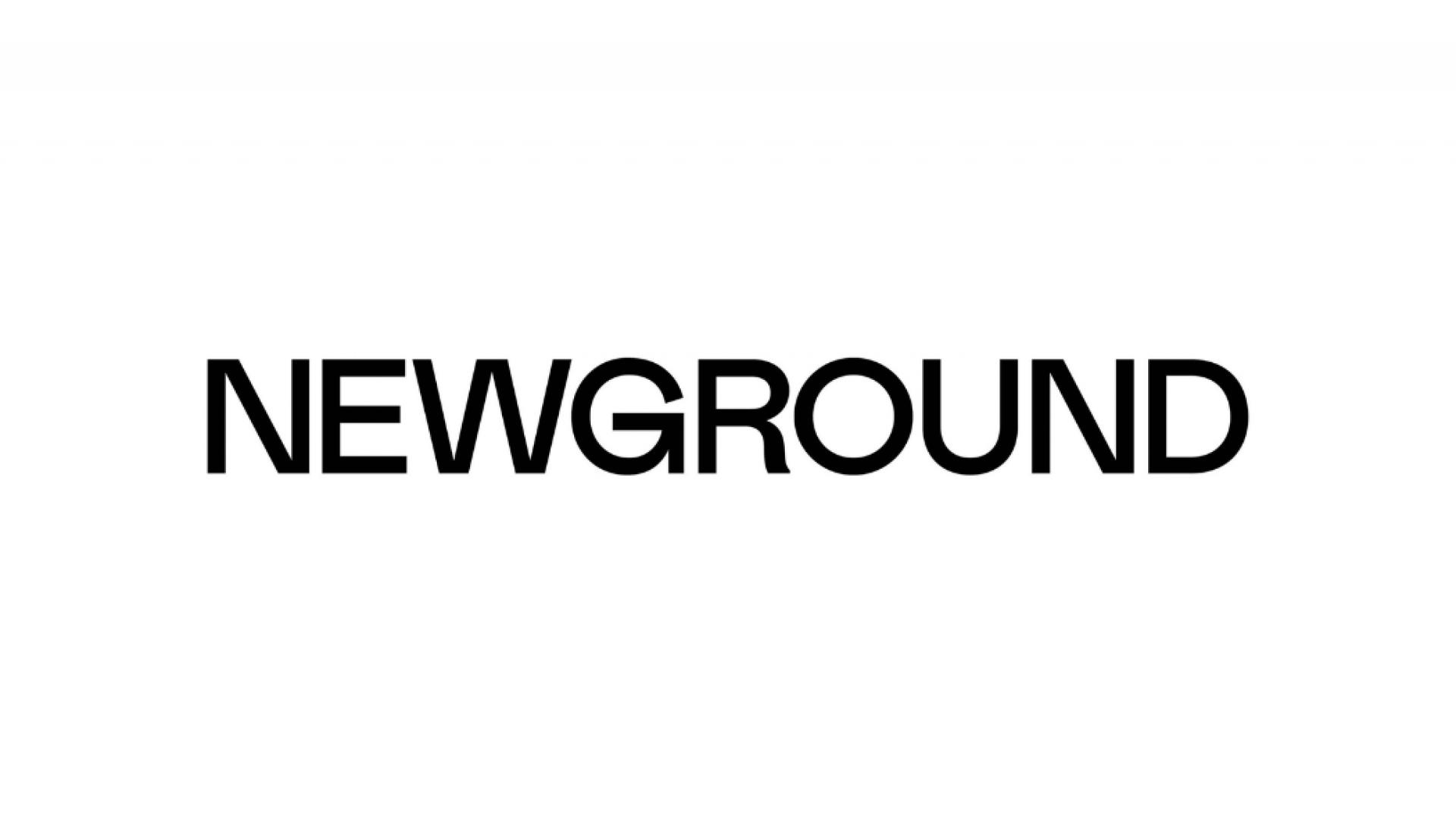Why F&B Businesses Are Joining The B Corp Family
Modern consumers are expecting more from businesses than ever before.
As issues revolving around the climate emergency and corporate behaviours are placed under the microscope, customers want to feel like they’re spending their money with brands that have a conscience.
One major outcome of this trend is an increase in the number of businesses pursuing the B Corp certification.
What is the B Corp certification? It’s essentially a badge of honour, showing that a company is meeting the highest standards of social and environmental performance, public transparency, and legal accountability, and is aspiring to solve social problems.
At Harmonic, we’re proud to be a recently certified B Corp. The process expects businesses to maintain extremely high standards, which is why the certification is so well-respected.
The food & beverage industry in particular is becoming increasingly interested in attaining B Corp status - and this makes total sense.
Conversations around sustainability and ethical business practices have been central for F&B businesses for years, which lines up perfectly with the B Corp initiative.
But how can the B Corp certification benefit F&B companies? And which brands are leading the charge when it comes to achieving B Corp status?
Let’s take a closer look at the blossoming relationship between F&B and B Corp, and examine what this means for the future of the industry.
B Corps & The Food Industry
To begin with, let’s look at why food & beverage brands are beginning to embrace the B Corp certification.
One significant reason is that many of the pillars of the B Corp certification align closely with the pillars of the F&B industry.
For example, plenty of F&B businesses have already made huge strides in areas like supply chain sustainability and eco-friendly packaging. A focus on delivering products that benefit the health & wellbeing of consumers has also intensified in recent years, which is something else that reflects the core B Corp mission.
Secondly, more and more companies are starting to recognise the potential benefits of achieving B Corp status. This has proven to be a strong motivator for many businesses in the F&B industry - but what are these benefits, exactly?
The benefits of being a B Corp
Earning the B Corp certification is an incredible achievement (only one-in-three applicants are approved) but it’s also a process that requires a huge amount of commitment.
So why are so many F&B businesses ready to take on this ambitious challenge?
For one thing, the B Corp certification is a fantastic USP for food businesses. Certified companies can use B Corp branding in their customer communications, which helps to differentiate them from the competition and position them as a values-driven business.
On top of this, although the B Corp certification is becoming more popular, it’s still a rarity among F&B brands. There are currently only 6,000 B Corps in the world, meaning if a food business can secure the title, it's guaranteed to stand out from rival companies.
Becoming a B Corp is also an ongoing process. To retain their status, B Corps need to re-certify themselves every three years through a rigorous assessment, meaning they need to uphold their values and standards.
This means that B Corp-certified brands are constantly incentivised to improve their company culture and business behaviours.
Finally, from a broader perspective, the B Corp certification is generally just a great accomplishment. Attaining B Corp status isn’t just better for brand communications and market positioning, but it’s also better for people and better for the planet as a whole.
Examples of current F&B B Corps
New B Corps are appearing all the time, but we’ve pulled together some of the most notable additions from the world of food and beverages.
